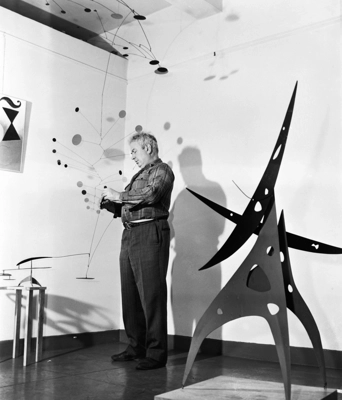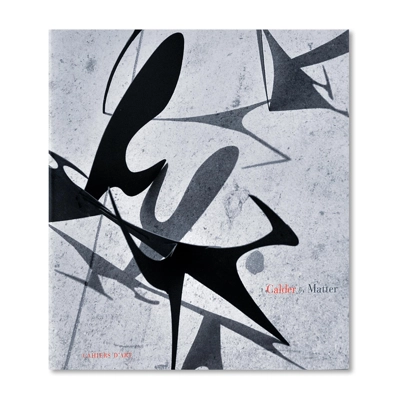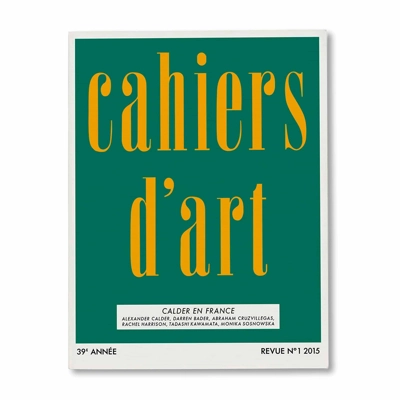Alexander Calder
Alexander Calder
Pennsylvania, USA, 1898 - 1976

Pennsylvania, USA, 1898 - 1976
Alexander Calder changed the course of modern art with his three-dimensional kinetic sculptures, which Marcel Duchamp named “mobiles.” Resonating with tenets of Futurism, Constructivism, and early non-objective painting, Calder’s mobiles consist of boldly colored abstract shapes, which are made from industrial materials and hang in lyrical balance. Calder was an international phenomenon during his lifetime. He won the grand prize for sculpture at the 1952 Venice Biennale, where he represented the United States. He earned the French Legion of Honor and the American Presidential Medal of Freedom, among other honors. Calder has been the subject of solo exhibitions at the Museum of Modern Art, the Rijksmuseum, the Louisiana Museum of Modern Art, and the Museo Reina Sofía. His work regularly sells for eight figures on the secondary market. Though Calder is best known for his mobiles, his diverse practice also encompassed standing sculpture, painting, set and costume design, large-scale public installation, and jewelry-making.

